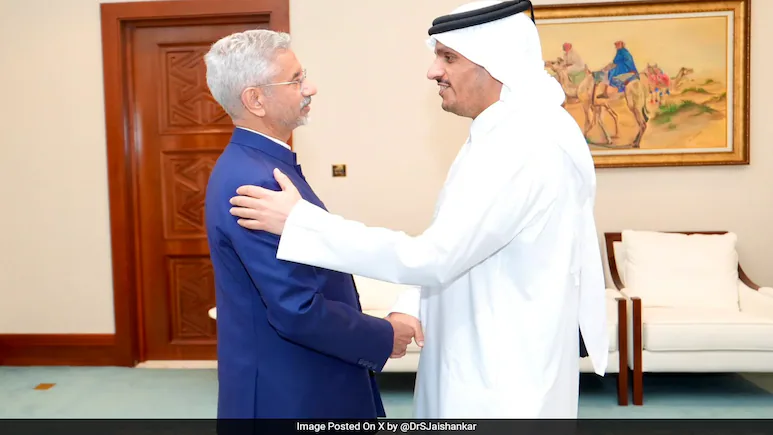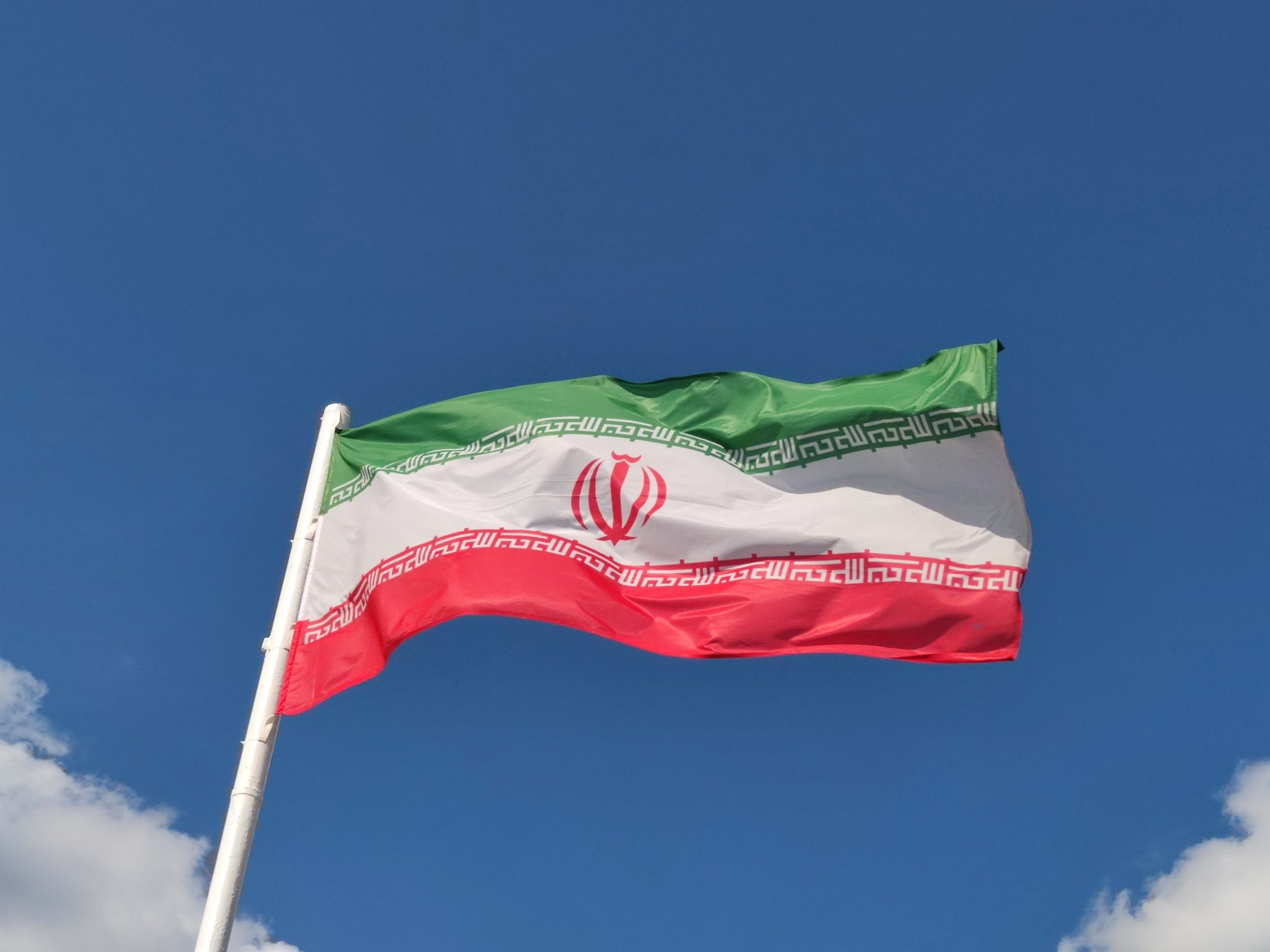Qatar has denied all allegations and condemned the sentence as unjust.
Emirati authorities released an Omani student who was sentenced to life in prison and convicted in an alleged spy case in 2017, Al-Quds Al-Arabi reported.
عاجل: تم الافراج عن المواطن العماني عبدالله عوض الشامسي وإبعاده خارج الدولة.#الإمارات #سلطنة_عمان pic.twitter.com/E0wuXkVHu7
— مركز مناصرة معتقلي الإمارات (@EDAC_Rights) April 17, 2021
Abdullah Al-Shamsi’s release from an Abu Dhabi prison was announced in a tweet by Emirates Detainees Advocacy Center, which also claimed he was deported from the Gulf state. The Omani national was detained at the height of the Qatar blockade in 2017 over allegations that he collaborated with Doha.
“Breaking: Omani citizen Abdullah Awad Al Shamsi has been released and deported outside the country,” the tweet said on Saturday.
However, prominent Omani journalist Turki Al-Balushi cited diplomatic sources as saying A-Shamsi arrived at his home in Al-Ain in the United Arab Emirates on Saturday.
According to Al Quds, sources claimed his release was pushed by the Sultan of Oman, noting that the step comes within the framework of “the government’s commitment to follow up on the conditions of Omanis abroad, and the legal problems they are exposed to.”
Read also: Iran accuses GCC of attempting to ‘disrupt’ Vienna nuclear talks.
Earlier this year, Al Shamsi’s mother sent a letter to the Sultan’s wife in an apparent appeal to her to save her son, Al Quds added.
Abdullah Awad Salim Al Shamsi, was a high-school student in UAE before his sudden arrest in 2017 made global headlines. He was accused by Emirati authorities of spying for Qatar.
The 21-year-old’s trial was marred with due process violations, including being denied access to a lawyer during interrogation, with reports suggesting he was forced into confessing.
According to his lawyers, Al-Shamsi was only presented with evidence against him a month before his trial.
This includes tweets he denied posting, as well as online competitions he participated in when he was just 17 — all of which were hosted by Emirati TV stations and the Qatari-owned Al-Rayyan TV.
During his time in prison, he was subjected to incommunicado detention, prolonged solitary confinement, and torture, according to reports.
In May 2020, Al Shamsi was sentenced to life imprisonment by the Abu Dhabi Federal Court of Appeals, which was then confirmed by the Federal Supreme Court a few months later.
His sentence sparked a wave of anger and attracted international criticism, many of which called out Emirati authorities for detaining and accusing a minor of spying without sufficient evidence.
Following his ruling, Doha in a statement said the sentence “contradicts justice and facts.”
Qatar’s Ministry of Foreign Affairs also stressed that the accusations were not based on reality or law and also rejected and denounced the accusation against Al Shamsi as “false”.
At the time, Human Rights Watch described the trial as “very unfair,” noting that the 21-year-old was placed in solitary confinement and tortured by the Emirati State Security Service despite having depression and kidney cancer.
According to rights group Amnesty International, the UAE has continued to crackdown on residents and citizens, restricting freedom of expression and silencing critics.
Last year, the State Security Chamber of the Federal Supreme Court upheld the conviction and sentencing of five Lebanese men on charges of planning violent acts in the UAE.
However, Amnesty said the men faced unfair trial procedures, including “incommunicado detention for months, denial of access to lawyers, and use of coerced confessions as evidence.”
Follow Doha News on Twitter, Instagram, Facebook and Youtube







